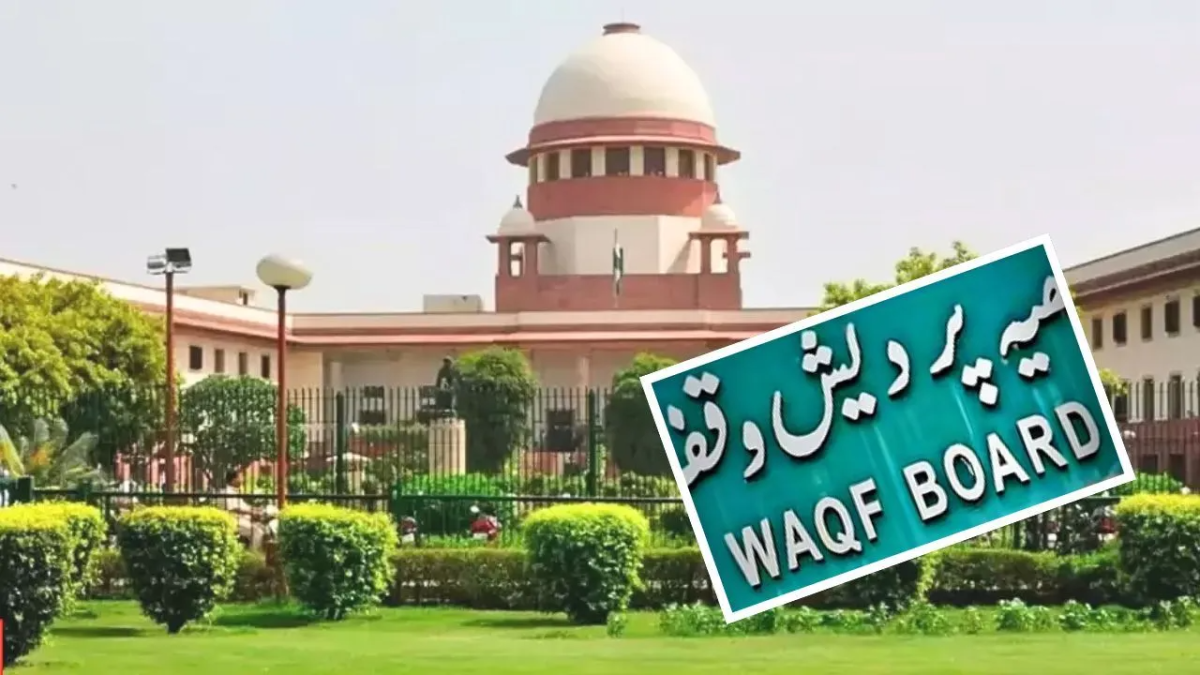Several petitions have been filed against the Waqf Amendment Act and they are being heard in the Supreme Court. The opposing government is accusing the government of snatching religious freedom and saying that Waqf is an important part of Islam. The central government today argued in the court and claimed that Waqf is not an integral part of Islam, but is just a donation. The Waqf Board only performs secular work. It is claimed that the temple is completely religious and they can also be managed by a Muslim person. Solicitor General Tushar Mehta represented the central government in the court.
Tushar Mehta said that Waqf is an Islamic view, but it is not a fundamental or compulsory part of Islam. There is only a system of donation in Islam. Just as charity in Christianity, charity in Hinduism and the tradition of service in Sikhism, similarly Waqf is also a service.
After the Muslim side presented its arguments, Solicitor General Tushar Mehta told the court that the provision of declaring land as Waqf on the basis of long-term religious use (Waqf-by-user) has now been removed in the new law. No one can have permanent rights over government land. He said that the government can regain such land, even if it has been declared Waqf.
Government’s right over Waqf property
If any property is government property and has been declared under the Waqf-by-UGer, the government has the legal right to withdraw it. This is not a fundamental right. Problems related to Waqf, which had been going on since 1923, have now been solved by the new law. Now every side has been heard. The government received 9.6 million suggestions. Meanwhile, 36 meetings of the Joint Parliamentary Committee (JPC) were held. Therefore, some petitioners cannot claim to represent the views of the entire Muslim community.
Bet on women power in Bihar elections: Will ‘lovely sister’ scheme and ₹ 2100 monthly assistance will change the equation?
What did the Supreme Court say?
Meanwhile, in the hearing held on Tuesday, the Supreme Court said that any law passed by Parliament is considered constitutional until very clear evidence is presented against that law. Senior advocate Kapil Sibal argued on behalf of the petitioners. On this, Chief Justice BR Gawai said that every law has a constitutional limit. Hence it was said that a very strong and clear argument would have to be made against this law.
